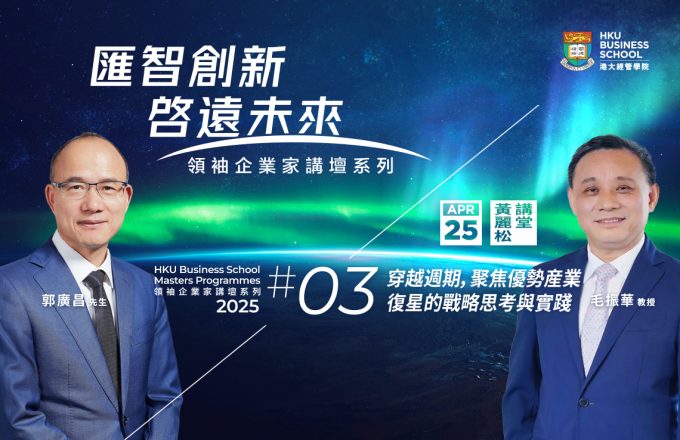
“Price Discovery in a Matching and Bargaining Market with Aggregate Uncertainty” by Dr. Chi Leung Adam Wong
Dr. Chi Leung Adam Wong
Lingnan University
We introduce aggregate uncertainty into a Rubinstein and Wolinsky (1985)-type dynamic matching and bilateral bargaining model. The market can be either in a high state, where there are more buyers than sellers, or in a low state, where there are more sellers than buyers. Traders do not know the state. They randomly meet each other and bargain by making take-it-or-leave-it offers. The only information transmitted in a meeting is the time a trader spent on the market. There are two kinds of search frictions: time discounting and exogenous exit. We find that as the search frictions vanish, the market discovers the competitive price quickly: the prices offered in equilibrium converge in expectation to the true-state Walrasian price at the rate linear in the total search friction. This rate is the same as it would be if the state were commonly known.







